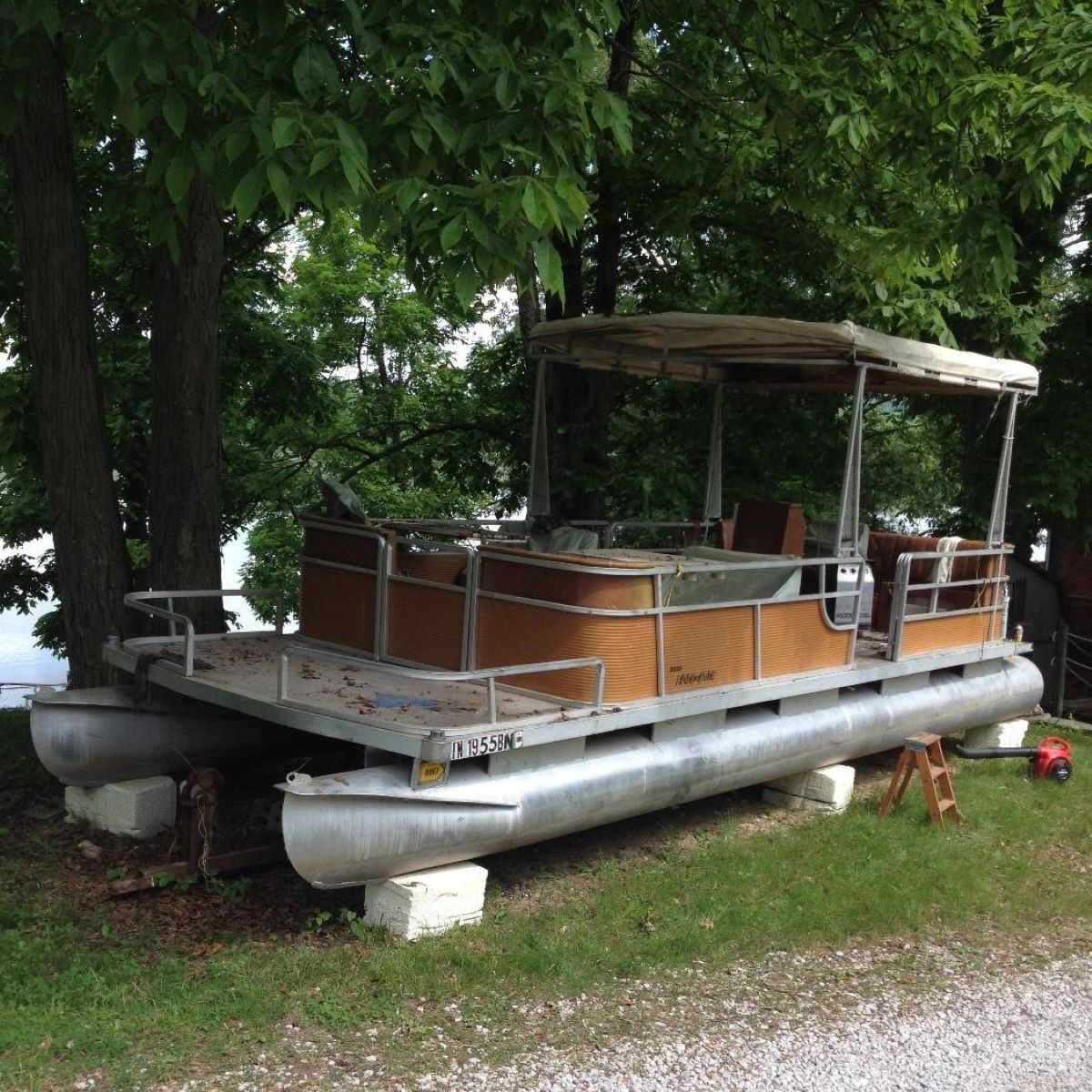

Articles
How To Store A Pontoon Boat Without A Trailer
Modified: August 28, 2024
Learn how to store a pontoon boat without a trailer with our informative articles. Discover tips, tricks, and expert advice to keep your boat safe and secure.
(Many of the links in this article redirect to a specific reviewed product. Your purchase of these products through affiliate links helps to generate commission for Storables.com, at no extra cost. Learn more)
Introduction
Storing a pontoon boat without a trailer can be a challenge, but with the right knowledge and resources, it is not impossible. Whether you’re looking to protect your boat during the winter months or simply need a temporary storage solution, there are several options available to ensure that your pontoon boat is kept safe and in good condition.
In this article, we will explore five different options for storing a pontoon boat without a trailer. These options include boat docks, boat lifts, boat storage facilities, DIY storage solutions, and boat covers. Each option has its own advantages and considerations, so let’s dive in and find the best solution for your pontoon boat storage needs.
Key Takeaways:
- Storing a pontoon boat without a trailer can be achieved through various options such as boat docks, boat lifts, storage facilities, DIY solutions, and boat covers. Each option offers unique benefits and considerations to suit different needs and budgets.
- Whether you prioritize convenience, protection, affordability, customization, or simplicity, there is a storage solution for everyone. By considering factors like security, access, cost, and specific boat requirements, pontoon boat owners can ensure their boats are kept safe, protected, and ready for their next water adventure.
Option 1: Boat Docks
One of the most convenient options for storing a pontoon boat without a trailer is to utilize boat docks. Boat docks are specifically designed to provide a stable and secure mooring point for boats, allowing easy access and protection from the elements.
When using a boat dock for pontoon boat storage, there are a few important factors to consider. Firstly, you’ll need to find a dock that is suitable for the size and weight of your pontoon boat. It’s essential to ensure that the dock can safely accommodate your boat without overloading or causing damage.
Additionally, make sure that the boat dock has adequate security measures in place to prevent theft or unauthorized access. This could include security gates, surveillance cameras, or on-site personnel. You want to be confident that your pontoon boat is in a safe and secure environment.
It’s also important to be aware of any regulations or restrictions in place regarding boat dock usage. Some areas may have specific rules about how long boats can be parked at a dock or may require permits for long-term storage. Be sure to check with local authorities or dock owners for any applicable guidelines.
While boat docks provide a convenient storage solution, it’s worth noting that they may come with additional costs. Most docks are privately owned or part of a marina, which means you’ll need to pay a fee for mooring your boat. The cost can vary depending on factors such as location, amenities, and the length of time you plan to store your pontoon boat.
Overall, using a boat dock for pontoon boat storage can be an excellent option if you have access to one. It offers convenience, security, and protection for your boat, allowing you to keep it safe and easily accessible whenever you’re ready to hit the water again.
Option 2: Boat Lifts
Another effective option for storing a pontoon boat without a trailer is to make use of boat lifts. Boat lifts are mechanical devices that raise your boat out of the water, providing a secure storage solution while keeping it protected from potential damage.
Boat lifts come in various types, including vertical lifts, cantilever lifts, and hydraulic lifts. Each type has its own advantages and considerations, so it’s essential to choose the one that best suits your pontoon boat and storage needs.
When using a boat lift, ensure that the lift’s weight capacity matches or exceeds the weight of your pontoon boat. This is crucial to prevent any damage to the boat or the lift itself. Additionally, consider the size and dimensions of your pontoon boat to ensure a proper fit on the lift.
Boat lifts provide several benefits for pontoon boat storage. Firstly, they keep the boat out of the water, minimizing the risk of hull damage, corrosion, or the growth of barnacles and algae. This can significantly extend the lifespan of your pontoon boat and reduce the need for maintenance or repairs.
Moreover, boat lifts offer added convenience as they allow easy access to the boat. You can quickly lower the boat into the water whenever you’re ready to use it, eliminating the need for a trailer or additional assistance. This is especially beneficial if you frequently take your pontoon boat out on the water.
It’s important to note that boat lifts may require professional installation, as they involve mechanical components and electrical connections. Hiring a professional ensures that the boat lift is installed correctly and operates safely. Additionally, factor in the cost of the boat lift itself and any ongoing maintenance requirements.
Overall, using a boat lift for pontoon boat storage offers a secure, convenient, and efficient way to store your boat. It protects your pontoon boat from water-related damage and allows for easy access whenever you’re ready for a boating adventure.
Option 3: Boat Storage Facilities
If you don’t have access to a boat dock or a suitable space for a boat lift, another viable option for storing a pontoon boat without a trailer is to utilize boat storage facilities. Boat storage facilities are specifically designed to provide secure, protected, and convenient storage options for various types of boats, including pontoons.
Boat storage facilities offer both indoor and outdoor storage options. Indoor storage provides maximum protection from the elements, keeping your pontoon boat sheltered from rain, snow, and UV rays. This option is particularly beneficial for long-term storage or during harsh weather conditions.
Outdoor storage, on the other hand, tends to be more affordable and may be suitable for shorter-term storage needs. However, it’s important to ensure that the outdoor storage area is well-maintained, secured, and provides adequate protection from potential vandalism or theft.
When considering a boat storage facility, it’s crucial to research and visit different facilities to assess their quality and security measures. Look for facilities that have controlled access, surveillance systems, and on-site staff to provide an extra layer of security for your pontoon boat.
In addition, consider the facility’s location in relation to where you plan to use your pontoon boat. Opting for a facility near your preferred boating location can save you time and transportation costs when you’re ready to hit the water.
Be aware that boat storage facilities typically charge a monthly or annual fee based on the size of your pontoon boat and the type of storage selected. It’s important to factor in this cost when budgeting for your storage needs.
Using a boat storage facility for pontoon boat storage offers the advantage of convenience, security, and protection from the elements. It ensures that your pontoon boat is kept in a safe and controlled environment when you’re not using it, giving you peace of mind and extending the lifespan of your boat.
Consider using a boat lift or dry stack storage to store your pontoon boat without a trailer. This will help protect the boat from damage and keep it out of the water when not in use.
Option 4: DIY Storage Solutions
If you’re looking for a more budget-friendly option or prefer a hands-on approach to storing your pontoon boat without a trailer, DIY storage solutions can be a great alternative. With a little creativity and resourcefulness, you can create a storage setup that suits your needs and protects your pontoon boat.
One of the simplest and most common DIY storage solutions for pontoon boats is using blocks or stands. By placing blocks or stands under the boat, you can elevate it off the ground and protect it from potential damage. Make sure to choose sturdy and stable blocks or stands that can safely support the weight of your pontoon boat.
When using blocks or stands, it’s crucial to find a level and secure area to store your pontoon boat. Uneven surfaces or unstable ground can compromise the stability of the blocks or stands and potentially lead to accidents. Consider using a level to ensure your boat is properly balanced.
In addition to using blocks or stands, you can also consider constructing a simple DIY boat shelter or canopy to provide overhead protection. This can be made from wood, PVC pipes, or metal frames covered with a tarp or durable material. A DIY shelter can shield your pontoon boat from sun exposure, rain, and debris.
When opting for a DIY storage solution, it’s important to keep in mind that you are responsible for the security and protection of your pontoon boat. Ensure that the storage area is well-fenced and not accessible to unauthorized individuals. Invest in additional security measures such as locks or motion-activated lights to deter potential thieves or vandals.
Regular maintenance and inspections are also crucial when utilizing a DIY storage solution. Check the blocks or stands regularly to ensure they are still stable and in good condition. Inspect the boat shelter or canopy for any signs of wear or damage, and make any necessary repairs promptly to keep your pontoon boat safe.
DIY storage solutions offer an affordable and customizable option for pontoon boat storage. They give you the flexibility to create a storage setup that meets your specific needs and can be adapted to your available space and resources. With proper planning and attention to detail, DIY storage solutions can effectively protect your pontoon boat when not in use.
Read more: How To Store A Boat
Option 5: Boat Covers
One of the simplest and most convenient options for storing a pontoon boat without a trailer is to use a boat cover. Boat covers provide a protective barrier against the elements, keeping your pontoon boat safe from rain, sun, debris, and other potential sources of damage.
Boat covers come in different sizes and materials, so it’s essential to choose one that fits your pontoon boat properly and offers adequate protection. Look for covers that are specifically designed for pontoon boats, as they will have the necessary features and dimensions to ensure a good fit.
When selecting a boat cover, opt for a material that is durable, weather-resistant, and breathable. Materials like polyester or marine-grade fabric are commonly used for boat covers, as they are resistant to UV rays, mildew, and water penetration. This helps to prevent damage to the boat’s interior and exterior.
Boat covers can be either custom-made to fit your pontoon boat or available in standard sizes. Custom-made covers provide a more precise fit and better protection, but they are also more expensive. Standard-sized covers can be a more budget-friendly option, but ensure that they still provide adequate coverage for your pontoon boat.
Using a boat cover for pontoon boat storage is relatively simple. The cover can be securely attached to the boat using straps, buckles, or drawstrings, ensuring a snug and secure fit. It’s important to properly secure the cover to prevent it from blowing away or coming loose during periods of inclement weather.
In addition to protecting against the elements, boat covers can also deter theft and vandalism. By covering your pontoon boat, you make it less visible and less enticing to potential thieves or vandals. It adds an additional layer of security to your stored boat.
While boat covers provide an effective storage option, it’s important to note that they may not provide the same level of protection as other storage methods, such as indoor storage or boat lifts. They are best suited for short-term storage or for protecting your pontoon boat during the boating season.
Overall, boat covers offer a practical and affordable solution for storing a pontoon boat without a trailer. They provide protection against the elements, help preserve the boat’s condition, and have the added advantage of deterring theft. Invest in a quality boat cover that fits your pontoon boat properly, and you can enjoy peace of mind knowing that your boat is well-protected when not in use.
Conclusion
Storing a pontoon boat without a trailer may initially seem like a challenge, but with the right options and strategies, it can be easily accomplished. In this article, we explored five different options for storing a pontoon boat without a trailer: boat docks, boat lifts, boat storage facilities, DIY storage solutions, and boat covers.
Boat docks provide convenient storage with easy access to the water, while boat lifts offer protection and longevity by keeping the boat out of the water. Boat storage facilities provide safe and secure storage options for those without access to a dock or lift. DIY storage solutions offer budget-friendly alternatives, allowing for customization and hands-on involvement. Finally, boat covers provide protection from the elements and act as a deterrent against theft and vandalism.
Each option has its own advantages and considerations, and it’s important to choose the option that best suits your specific needs, budget, and available resources. Whether you prefer the convenience of a boat dock, the protection of a boat lift, the peace of mind of a storage facility, the creativity of a DIY solution, or the simplicity of a boat cover, there is a storage method for everyone.
Remember to factor in important considerations such as security, access, cost, and the specific requirements of your pontoon boat when selecting a storage option. Be proactive in maintaining and inspecting your stored pontoon boat to ensure its longevity and optimal condition.
By implementing the right storage solution, you can keep your pontoon boat safe, protected, and ready for your next adventure on the water. Whether it’s for short-term storage during the off-season or a long-term solution, storing a pontoon boat without a trailer is achievable with the right knowledge and resources.
Frequently Asked Questions about How To Store A Pontoon Boat Without A Trailer
Was this page helpful?
At Storables.com, we guarantee accurate and reliable information. Our content, validated by Expert Board Contributors, is crafted following stringent Editorial Policies. We're committed to providing you with well-researched, expert-backed insights for all your informational needs.
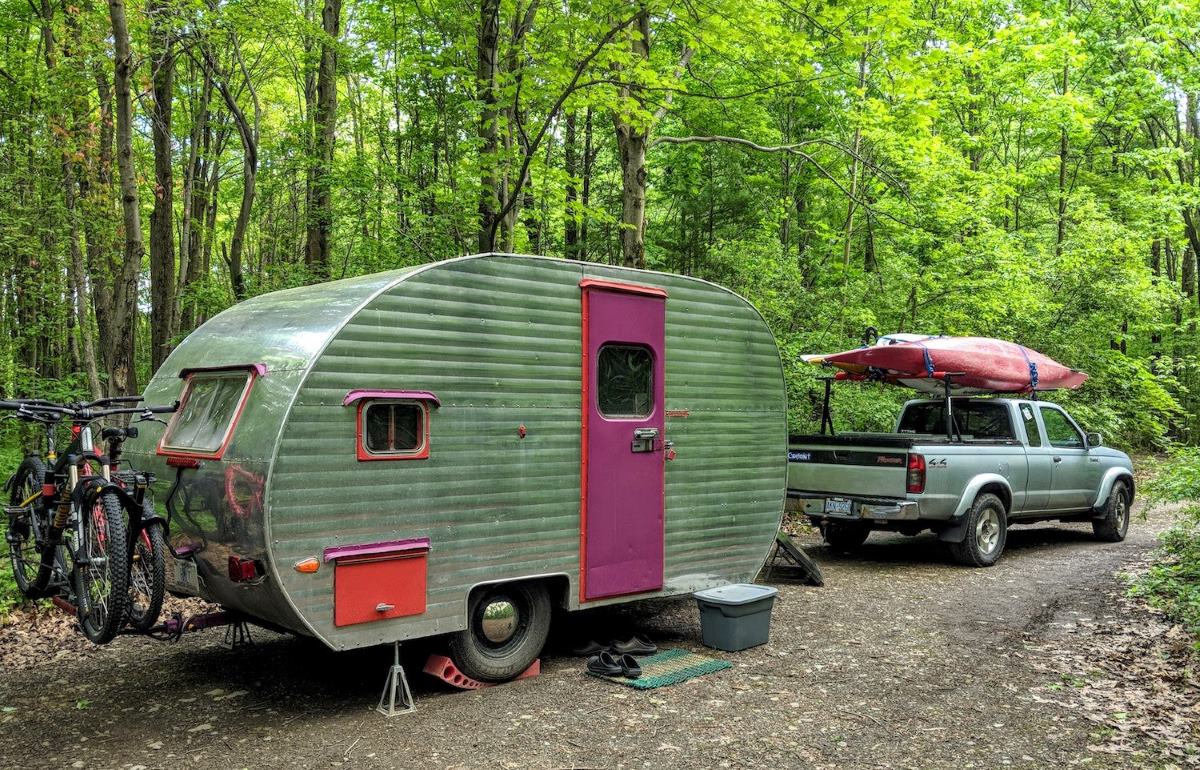
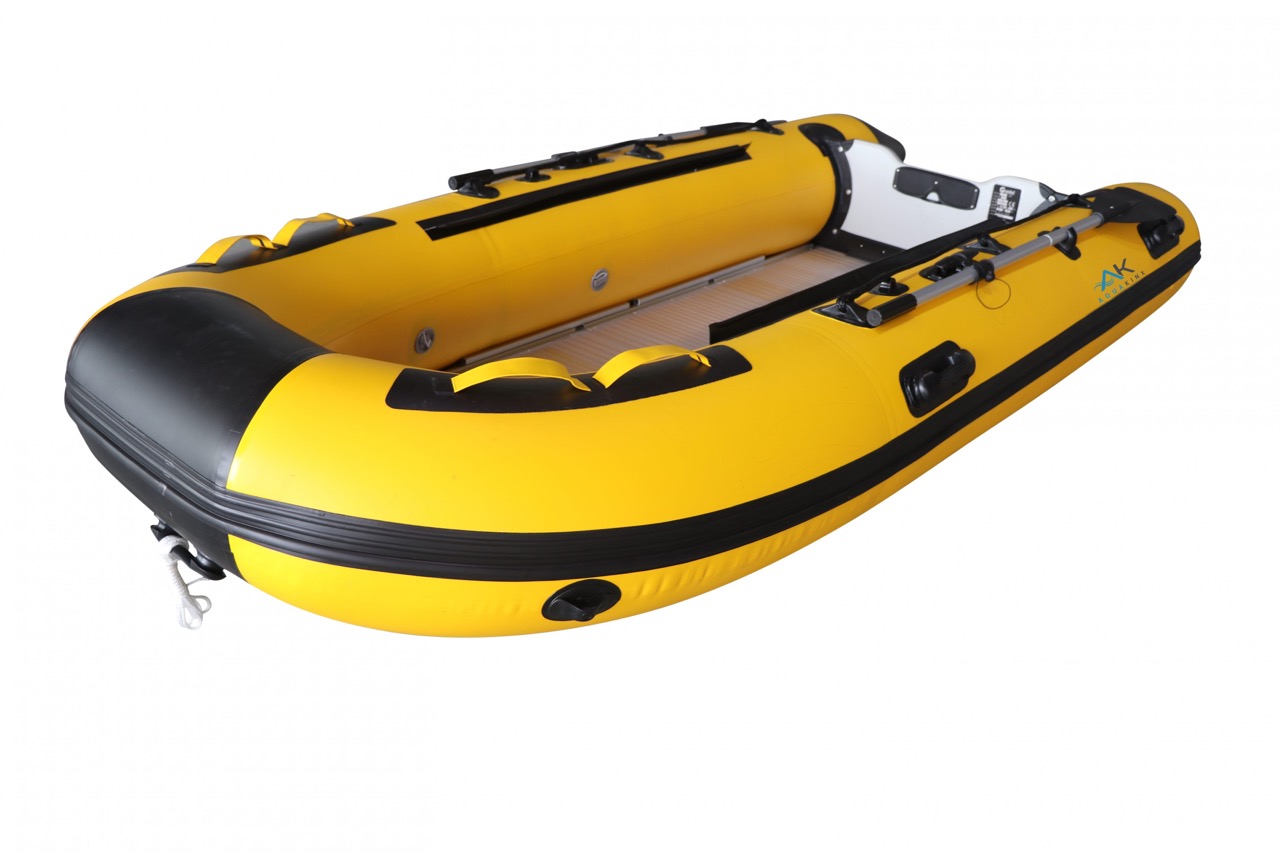
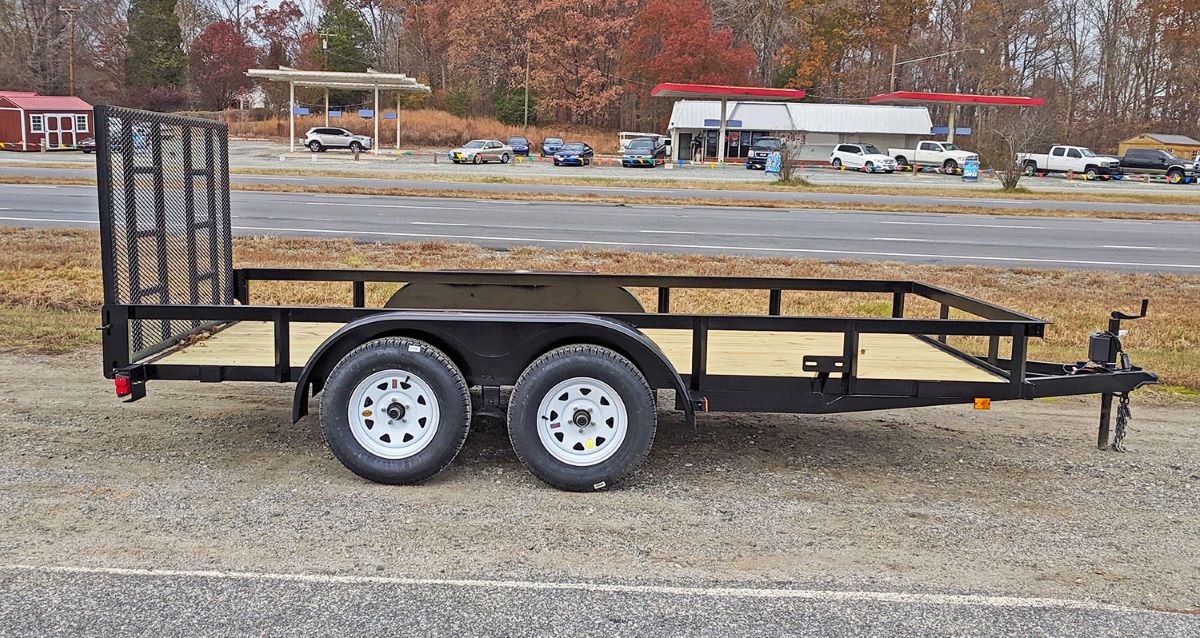

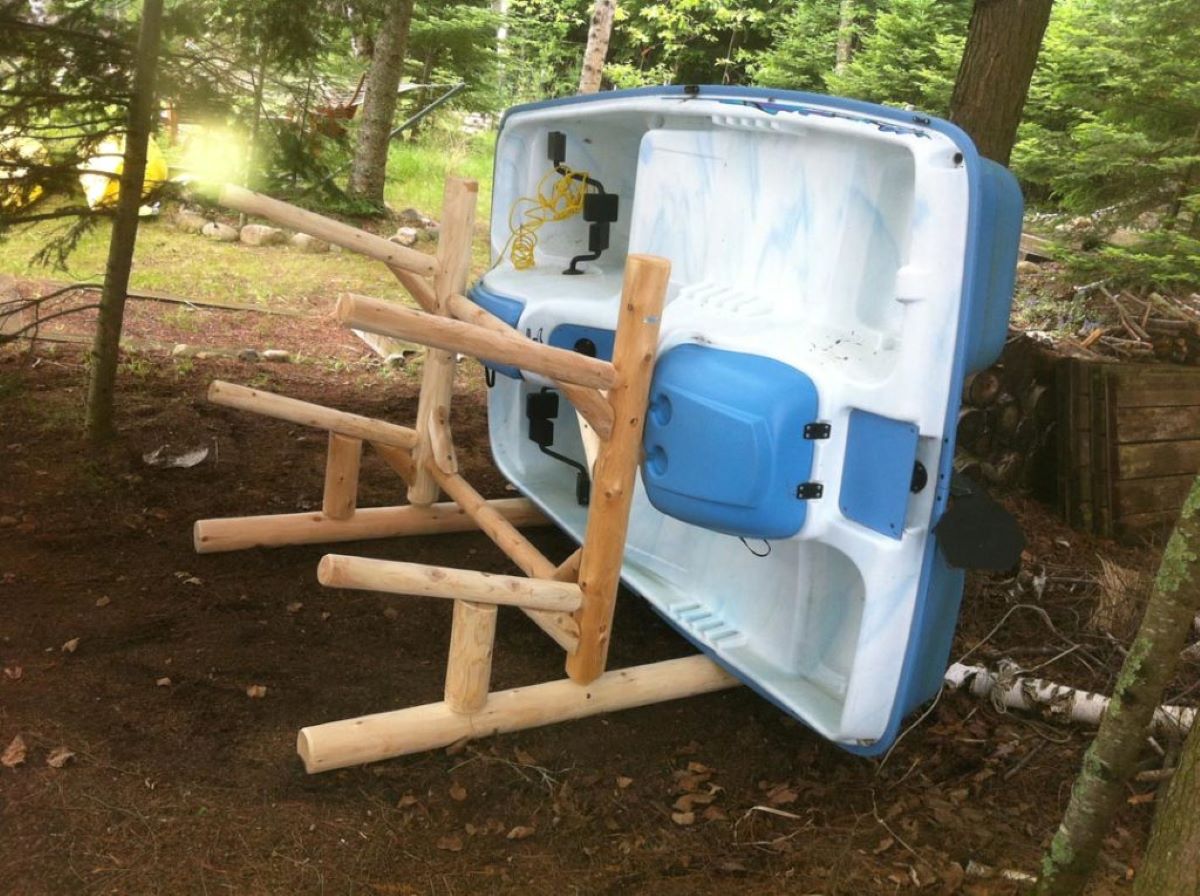
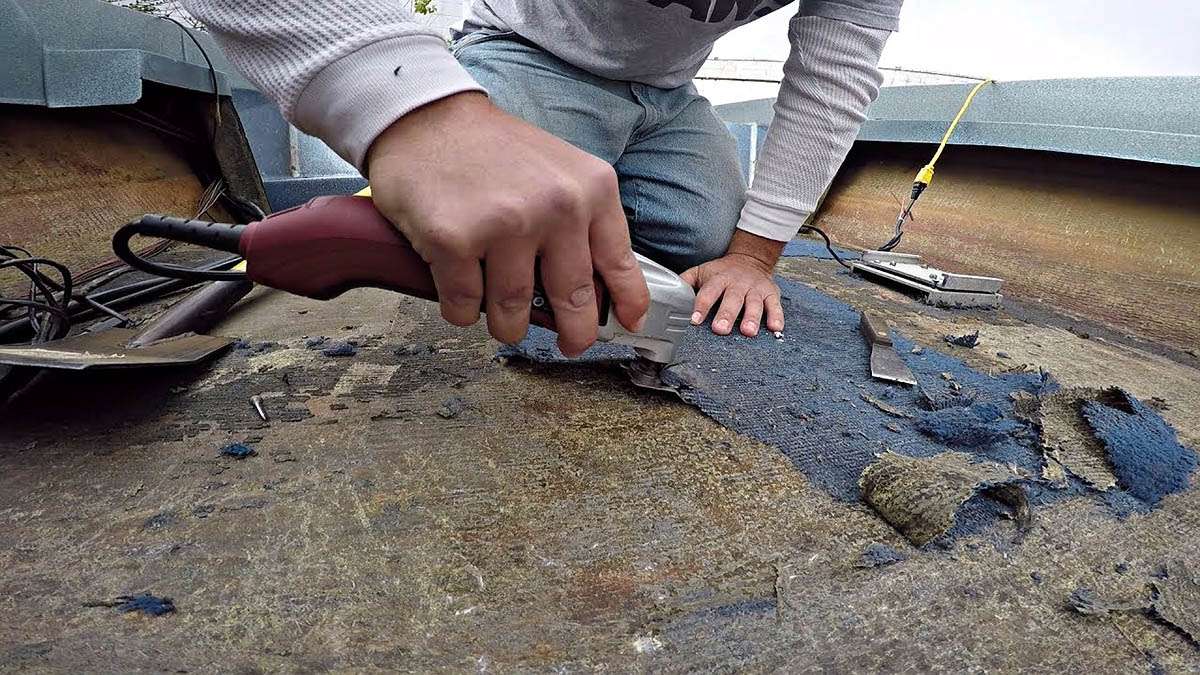

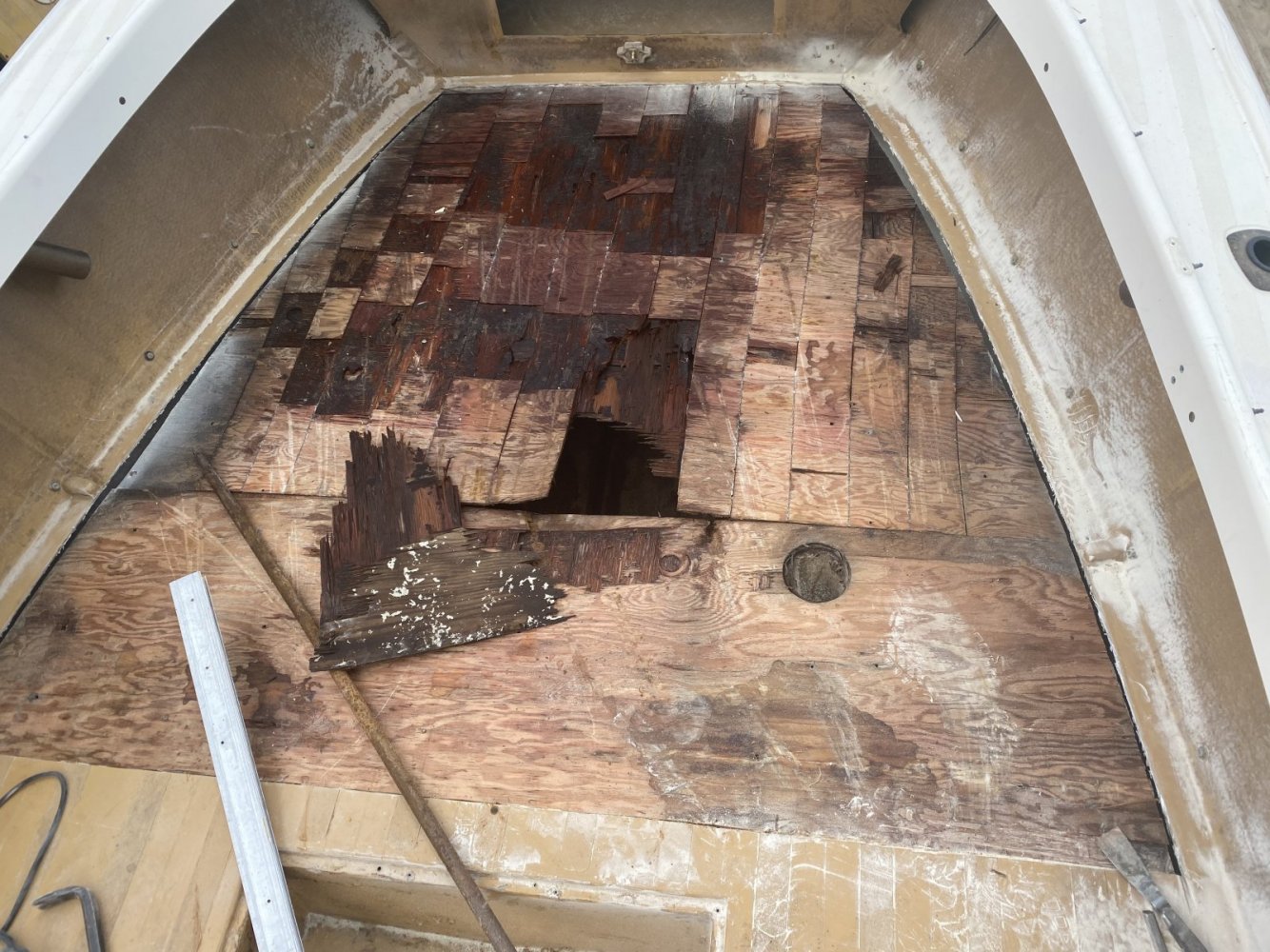

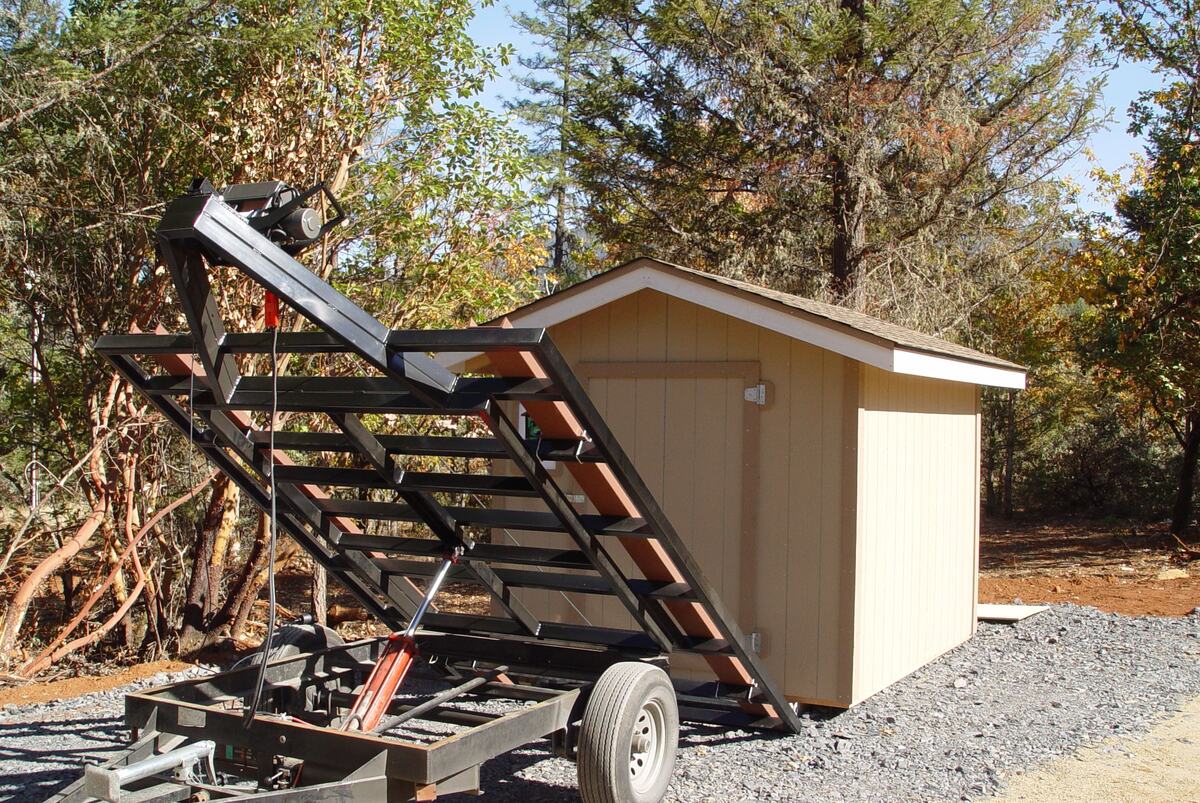

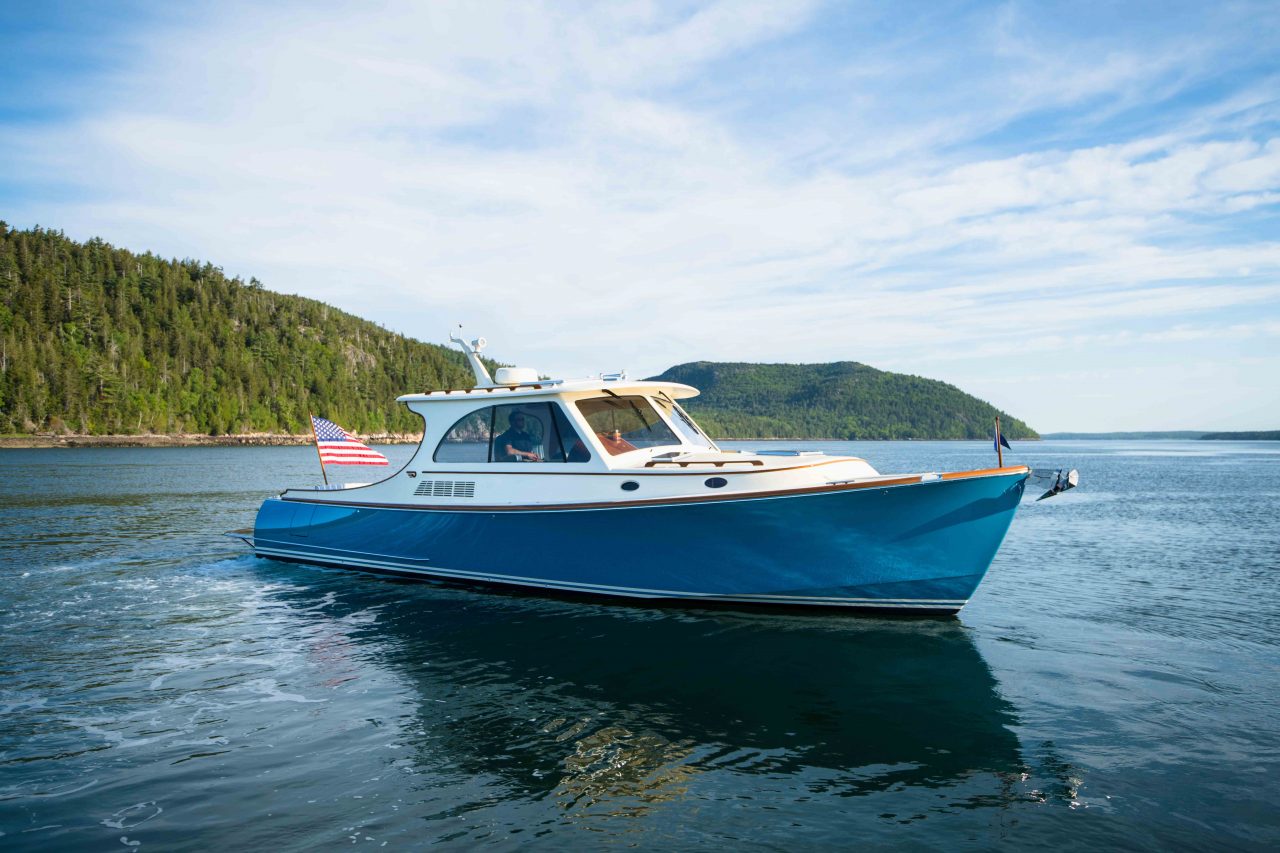
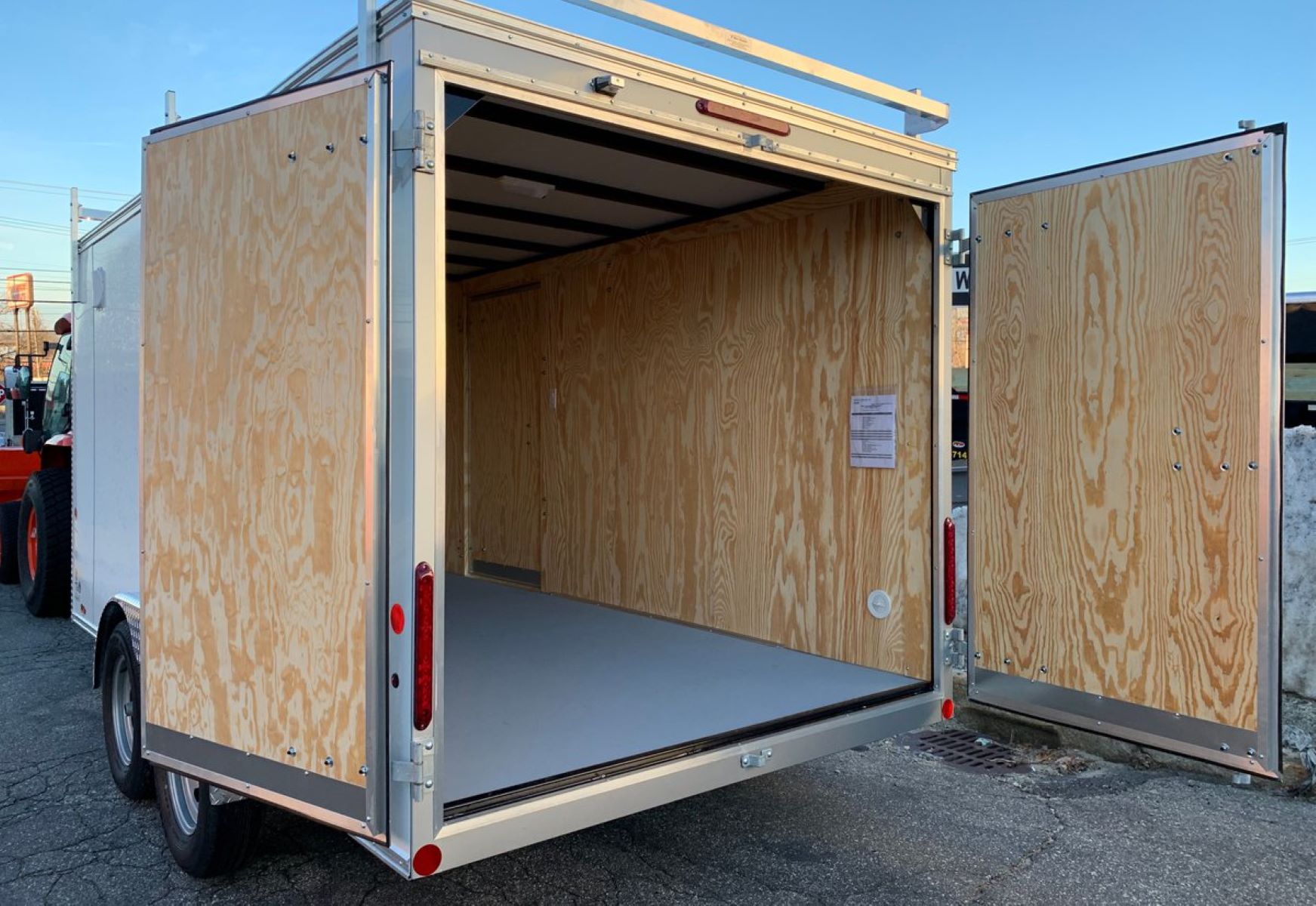
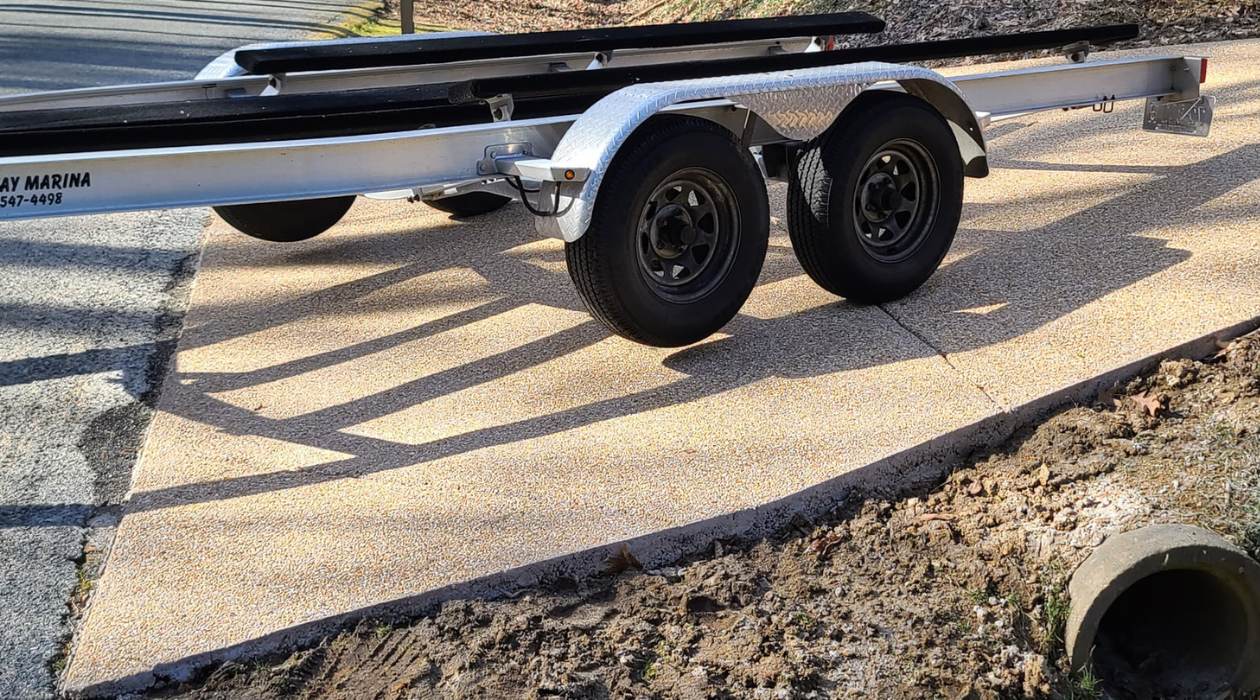

0 thoughts on “How To Store A Pontoon Boat Without A Trailer”